University campuses across the United States are facing a growing wave of student-led protests over the Israel-Hamas war in Gaza. Campus officials have responded by taking unprecedented measures, including calling in the police, to try to clamp down on the unrest and contain an increasingly chaotic situation. The end result? Some of America’s most prestigious educational institutions look less like places of learning and more like crime scenes.
At Yale University, hundreds of people gathered on campus yesterday, refusing to leave. Police, some in riot gear, arrested nearly fifty protesters. Similar student demonstrations have paralyzed campuses at the University of California in Berkeley, the Massachusetts Institute of Technology, Tufts and Emerson.
The situation hasn’t been helped by the complete loss of moral authority on the part of many university leaders. Some of them faced widespread criticism for failing to publicly condemn campus antisemitism in the days immediately after the Hamas attack on Israel on October 7.
University authorities appear to have been caught off guard by the sheer scale of the unrest
Columbia University forms the epicenter of this latest round of unrest. Students set up tents on campus last week demanding that the university authorities disclose and divest financially from Israel. The calls for divestment are a common theme amongst protestors: NYU students issued a similar statement yesterday, calling on the university to divest its “finances and endowments from weapons manufacturers and companies with an interest in the Israeli occupation.”
On Thursday, police moved in to break up the protests, making more than 100 arrests. In a statement yesterday, the university announced that all in-person classes would be canceled. Columbia’s president, Dr. Minouche Shafik (who is a former deputy governor of the Bank of England and director of the London School of Economics) cited incidents of “intimidating and harassing behavior.” She claimed that tensions on campus had been “exploited and amplified by individuals who are not affiliated with Columbia who have come to campus to pursue their own agendas.”
Dr. Shafik went on to announce that a working group had been created to “try to bring this crisis to a resolution.” One suspects that a committee isn’t going to be enough to lance this particular boil.
Shafik is under increasing pressure after her testimony on Capitol Hill last week to a congressional committee on the university’s efforts to tackle antisemitism. A group of federal lawmakers signed a letter asking for her to step down for what they described as “a failure to put to an end to the mob of students and agitators calling for acts of terrorism against Jewish students.” At the same time, she faces pushback from her own academic colleagues, with some unhappy with the university’s handling of the protests and for calling in the police. They claim university rules dictate that outside authorities should only be called in when there is “a clear and present danger,” and that there is no evidence of this in the protests. Really?
Recent videos posted online appear to show some protesters near Columbia expressing support for the Hamas attack on Israel. Signs at the protests included “Zionism is Evil.” A rabbi affiliated with the university reportedly advised Jewish students to avoid the campus until the situation has “dramatically improved.”
It is an ugly state of affairs. The protesters, for their part, continue to deny any antisemitism, hate or bigotry, claiming that their anger is directed at the Israeli state and its supporters. This comes across as somewhat disingenuous, given everything that has taken place.
The protests are spreading and university authorities appear to have been caught off guard by the sheer scale of the unrest and the speed at which it has spread. Their hapless paralysis reflects some deeper contradictions in positions taken on a host of issues, including their initial complacency about hate speech on campus. Nor does it help their cause that far too many academic leaders appear reluctant to take a stand based on moral principles when it comes to the biggest issues of the day — this crisis has merely exposed the hollowness and mediocrity at the very top of some of America’s most prestigious universities. In the absence of strong leadership, campuses have descended into mayhem and open expressions of hatred.
President Joe Biden is the latest to speak out about the situation at universities across the country. He condemned both the “antisemitic protests” as well as “those who don’t understand what’s going on with the Palestinians.” It is a statement that is likely to satisfy neither side in this ugly and heated dispute. Grown-up leadership, political and academic, is what is required; there appears to be precious little of it right now.
This article was originally published on The Spectator’s UK website.



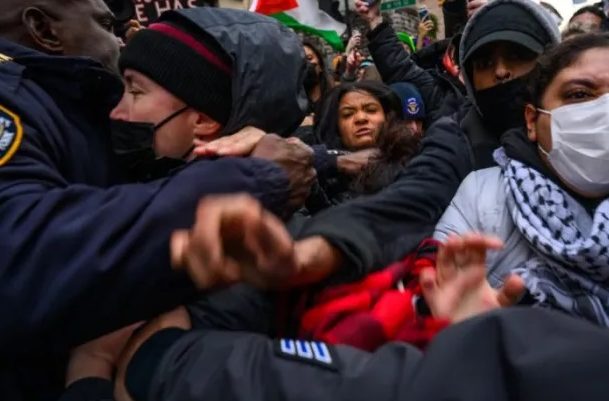








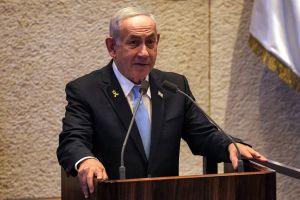

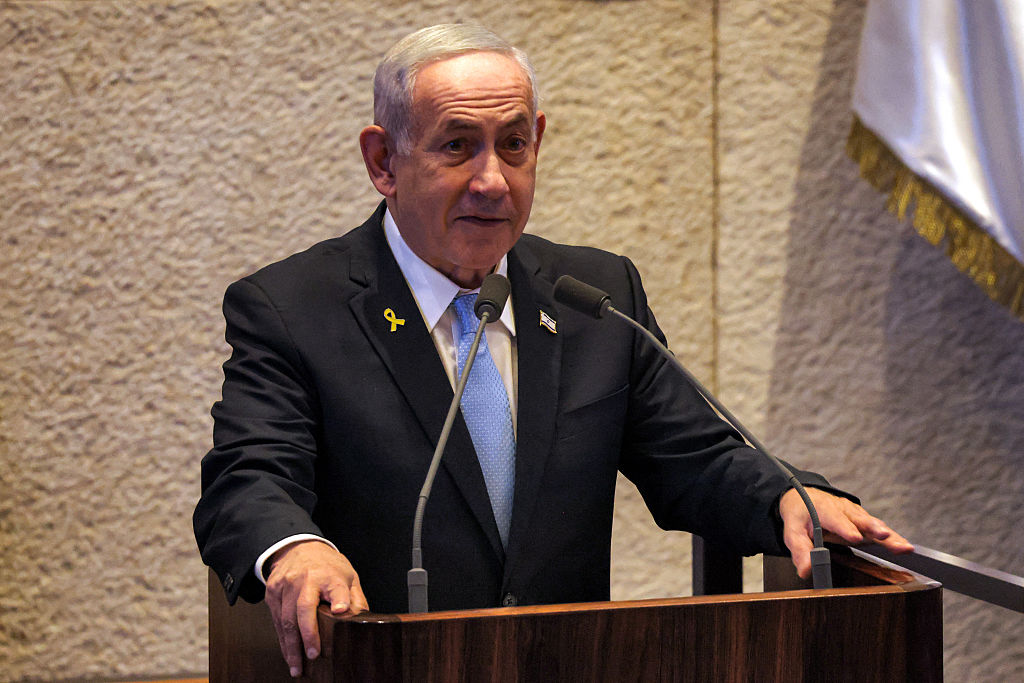
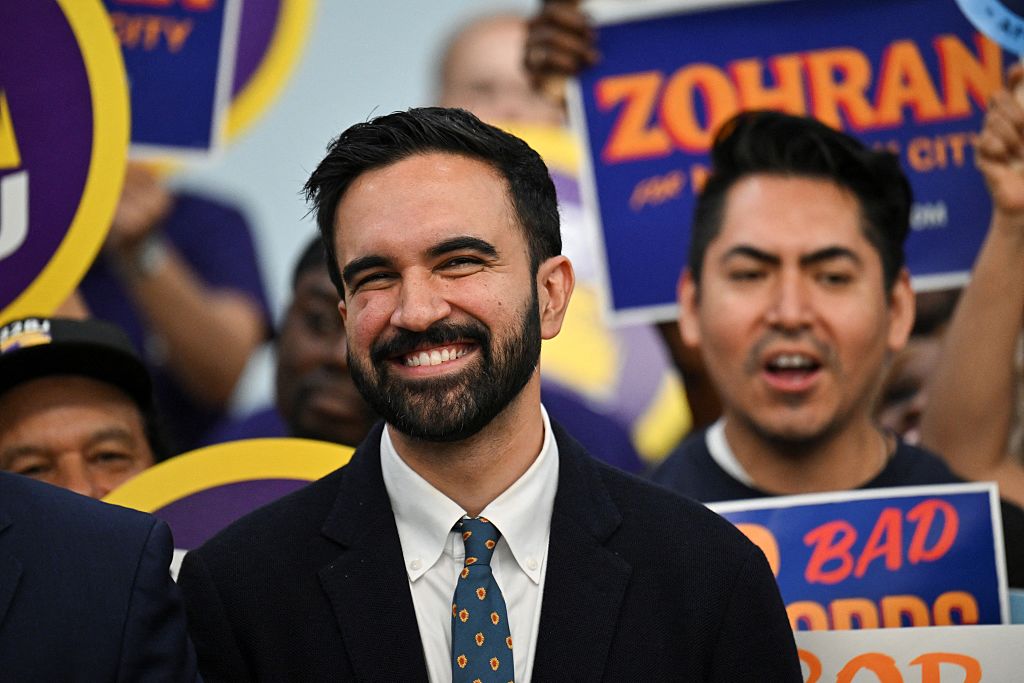
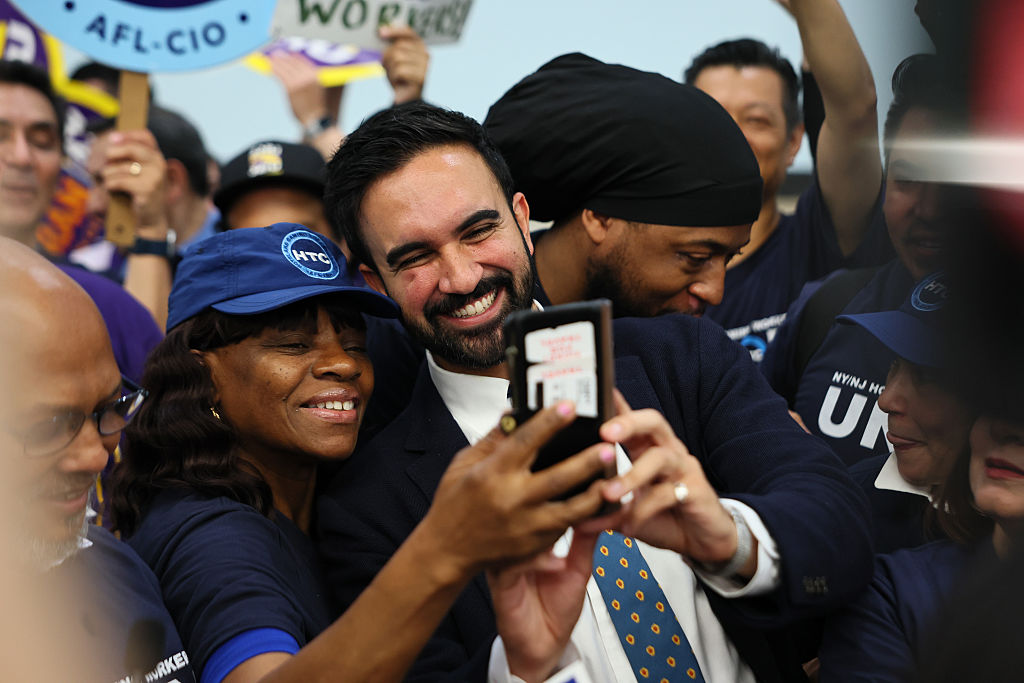









Leave a Reply